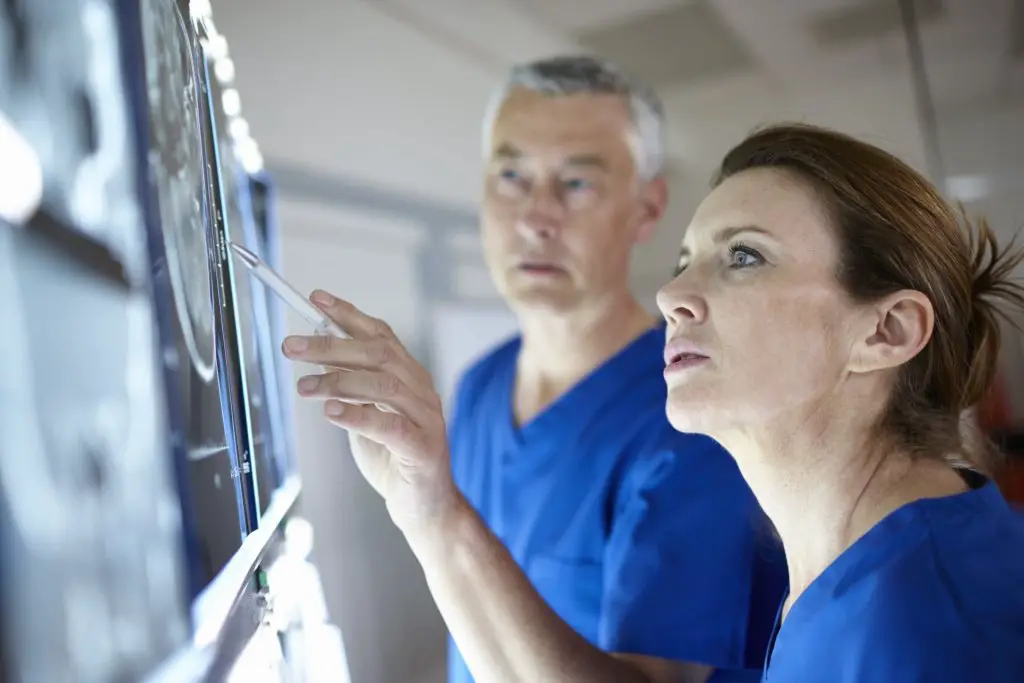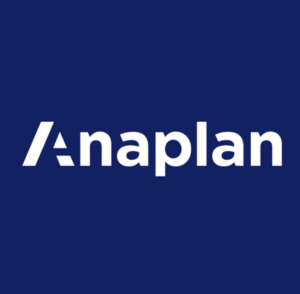What Educational Paths Lead to Allied Health Care Professions?

What Educational Paths Lead to Allied Health Care Professions?
Starting a career in allied health care is like setting out on a thrilling adventure. If you are also looking forward to joining the allied health care profession, this article is for you.
Through the medium of this blog, let’s explore the diverse educational paths that pave the way toward allied health care professions. From traditional university landscapes offering in-depth theoretical knowledge to the community college narratives providing hands-on training– we’re here to be your compass.
What Exactly Are Allied Health Care Professions?
Before examining the educational route to allied health care professions, let us understand what allied health care is. Allied health care is like the backbone of the healthcare system, including professions outside of doctors and nurses. Think of it as a squad of health professionals working together to ensure top-notch patient care.
What are the Types of Allied Health Professionals?
Allied health care comprises a diverse array of professions, playing crucial roles in supporting primary healthcare services. Some notable types of allied health care professionals include:
- Medical Laboratory Technologists/Technicians: Responsible for conducting laboratory tests, analyzing results, and assisting in disease diagnosis.
- Radiologic Technologists: They perform diagnostic imaging procedures, such as X-rays, MRIs, and CT scans.
- Physical Therapists/Assistants: These professionals rehabilitate patients through physical exercises and therapies to enhance mobility and manage pain.
- Occupational Therapists/Assistants: They aid individuals in regaining independence in daily activities through therapeutic interventions.
- Respiratory Therapists: These therapists treat patients with breathing difficulties, administer respiratory treatments, and manage ventilators.
- Dental Hygienists: They provide preventive dental care, including cleanings and educating patients on oral health.
- Speech-Language Pathologists: These health care professionals diagnose and treat communication and swallowing disorders.
- Phlebotomists: They are responsible for collecting blood samples for medical testing.
- Medical Assistants: These experts support healthcare professionals with administrative and clinical tasks in medical offices.
- Nutritionists/Dietitians: These offer guidance on nutrition, diet planning, and promoting healthy eating habits.
- Orthotists and Prosthetists: These professionals sign and fit orthopedic braces and artificial limbs.
- Sonographers: They perform ultrasound examinations to visualize internal organs and monitor fetal development.
These types of allied health care professionals work collaboratively with doctors, nurses, and other healthcare providers to deliver comprehensive and holistic patient care. Each allied health care profession contributes uniquely to the healthcare ecosystem, highlighting the interdisciplinary nature of allied health care.
Academic Avenues – Choose Your Adventure
- Traditional University Routes
The classic route to allied health care professions often involves hitting the books at a university. Whether it’s a bachelor’s degree in medical laboratory science or a master’s in physical therapy, universities offer a traditional academic setting for those looking to dive deep into the theoretical aspects of healthcare.
- Community College Chronicles
Not everyone fancies the four-year academic marathon. If that sounds like you, consider the community college route! Many allied health care professions have programs that can be kick-started at a community college, providing hands-on training and practical skills without the hefty tuition.
- Technical School Tales
For those with a need for speed, technical schools are the go-to option. These shorter, more focused programs can get you certified and job-ready in a jiffy. Medical assistant, dental hygienist, or radiologic technologist – pick your passion and fast-track your way into the healthcare scene.
Qualifications Required – Cracking the Code
- The Basics: Certificates and Licenses
In allied health care professions, certifications and licenses are golden tickets. Many professions, like phlebotomists or EMTs, require specific certifications. Others, such as occupational therapists or respiratory therapists, demand licenses to practice. Stay sharp, get certified, and unlock those career doors!
- Climbing the Degree Ladder: Associate’s, Bachelor’s, and Beyond
Degrees are like badges of honor in the healthcare world. From associate degrees for dental hygienists to bachelor’s degrees for clinical laboratory scientists, each level of education opens up new doors. Consider your career goals and choose your degree adventure wisely.
Pave the Way to a Successful Nursing Profession
The world of allied health care professions is a vibrant tapestry of skills, compassion, and dedication. Whether you’re drawn to the precision of laboratory work, the therapeutic touch of rehabilitation, or the compassion in patient care, allied health care offers a myriad of fulfilling avenues. It’s time for you to join the ranks of these dedicated professionals, each playing a pivotal role in enhancing the well-being of individuals and communities.
Lucas Noah is a tech-savvy writer with a solid academic foundation, holding a Bachelor of Information Technology (BIT) degree. His expertise in the IT field has paved the way for a flourishing writing career, where he currently contributes to the online presence... Read more




